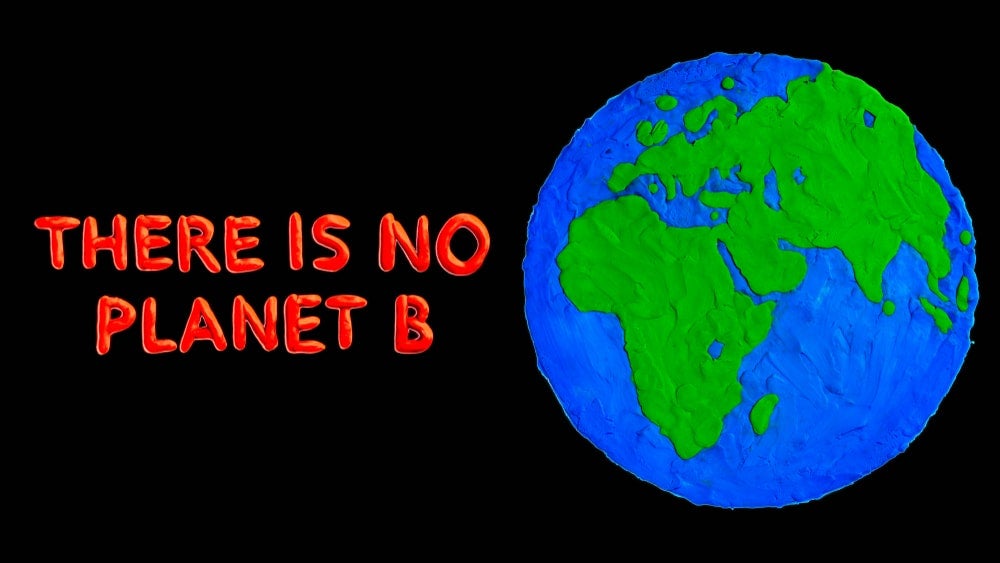Today (5 September) marks the global Plastic Overshoot Day, a significant date when humanity’s production of plastic waste exceeds the capacity of waste management systems to properly handle it.
This year, 220 million tonnes of plastic waste are expected to be generated worldwide, according to a report by Earth Action.
The growing production of plastic is outpacing the ability to manage it, with significant consequences for the environment.
Growing plastic waste
The report reveals that an average of 28kg of plastic waste per person will be produced globally in 2024, with a steady increase of nearly 7% in total plastic waste since 2021.
Of the aforementioned 220 million tonnes generated, 69.5 million tonnes, or nearly a third, will not be properly managed. This mismanaged plastic is likely to end up in nature, exacerbating the environmental impact.
Moreover, almost 70% of the global population now lives in areas where plastic waste management systems are already overburdened.
Despite improvements in waste management practices, the overall level of mismanaged waste remains unchanged, as the increase in plastic production cancels out any advancements.
Focus on global plastic treaty
This year’s Plastic Overshoot Day takes place ahead of the final round of negotiations for the UN Global Plastics Treaty, which is scheduled for next month in Busan, South Korea.
The treaty aims to address the plastic crisis by setting international targets for plastic production, banning harmful chemicals, and pushing for higher recycling goals.
If successful, it would be the first comprehensive global effort to regulate plastic pollution.
The 2024 Earth Action report expanded its scope beyond plastic packaging to include waste from textiles and households.
Based on these new calculations, the previous year’s Plastic Overshoot Day would have fallen on 4 September, highlighting the ongoing struggle to manage rising plastic production.
Countries leading in mismanaged waste
Just 12 countries account for 60% of the world’s mismanaged plastic waste, with China, Russia, India, Brazil, and Mexico being the largest contributors.
The report underscores the need for collective global action, as no single country can resolve the issue alone. As plastic production continues to rise, it is essential for international negotiations to produce meaningful solutions.
Earth Action, which partners with businesses and governments to address plastic pollution, warns that current reliance on recycling alone will not solve the plastic crisis.
Instead, it advocates for transitioning towards circular economies and innovative solutions that reduce plastic production at its source.
With 117 days remaining in 2024, all plastic waste generated from today onwards will exceed global waste management capacity.









